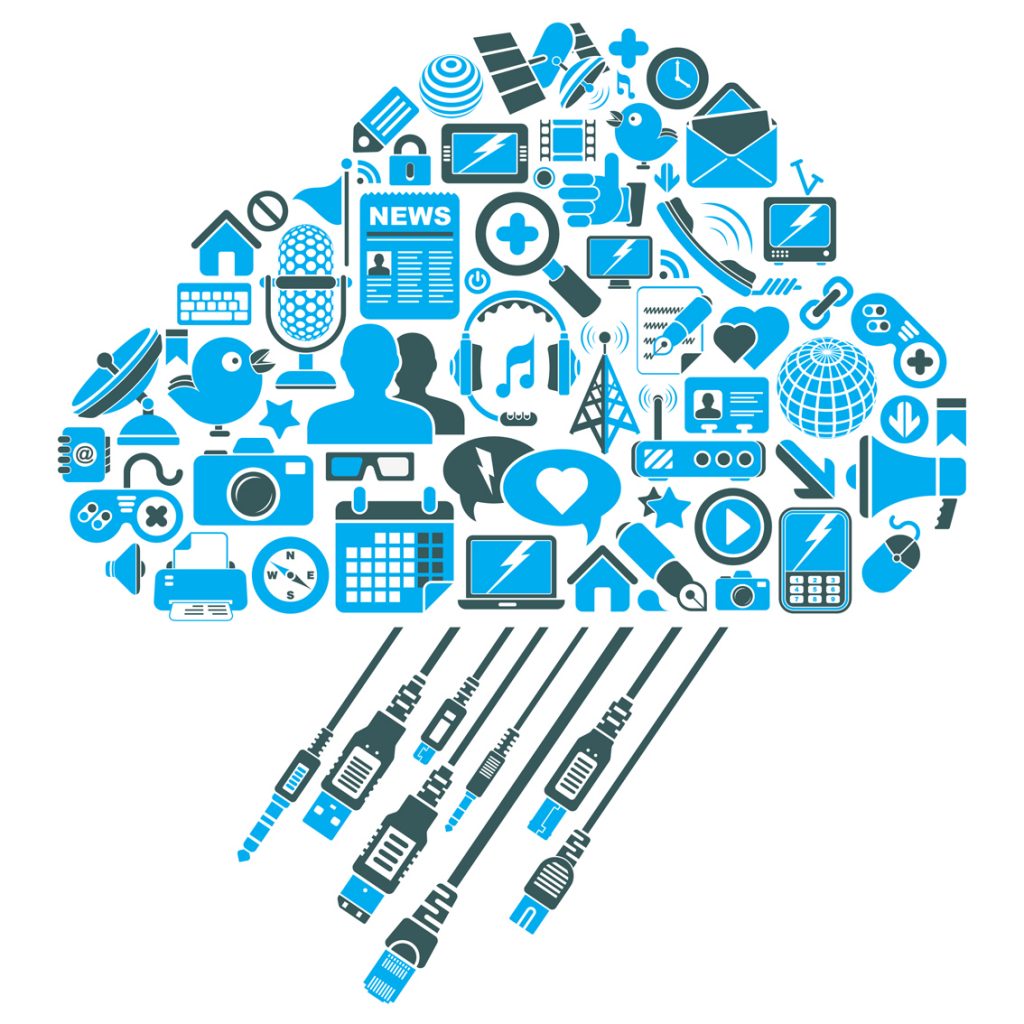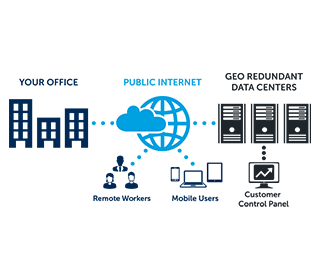As Information Technology becomes more and more strategic and critical in impacting an organization’s bottom line, companies look to the Cloud to decrease IT complexity and drive ROI. For some organizations, Cloud solutions can be more secure, predictable and scalable than on-premise solutions.
Hackers, cyber-terrorists, natural disasters, and man-made disasters are no match for the Cloud. When you consolidate your hardware infrastructure or become completely hardware independent with a virtual disaster recovery and business continuity solution, you can provide a seamless, secure, redundant environment at a fraction of the cost of traditional disaster recovery on-premise solutions.
The Cloud offers the same unified communications and collaboration that a traditional system offers, but with the benefit of not having to maintain your own equipment. Allow on-site and remote users to collaborate seamlessly between devices and platforms. VoIP, mobility, video-conferencing, instant messaging, bring-your-own-device (BYOD), and presence technologies all work together in the Cloud environment. Not ready to go “All In” with a Cloud solution? You don’t have to. You can have a Hybrid solution until you’re ready to cut the cord with your traditional system. This provides you known stability with your on-premise system, along with the disaster recovery security of a Cloud system. We can help you strategize and implement a custom Cloud solution for organizations in any vertical market. It’s time to embrace the Cloud.



